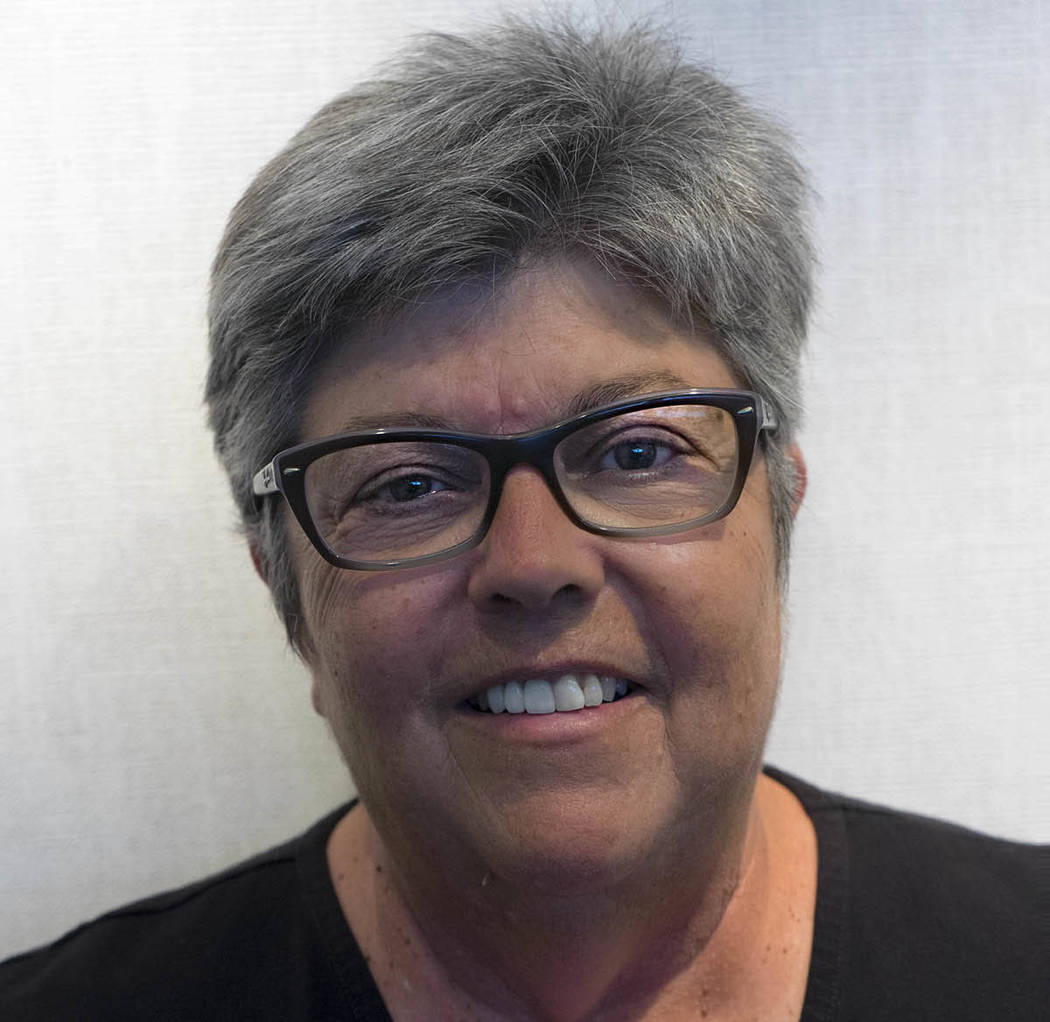Trust needed between police, community
When I started writing for the Boulder City News 20 years ago, I was green when it came to local issues. I had met lots of city staff while running our bakery and restaurant, Sweet Treats, had attended a council meeting or two and a planning commission meeting, but never had the free time between 1995-2000 to devote as much time as I would have liked. By July 2001 when I became the city’s public information officer, I had a bit of history under my belt. When you’re living what will become history, it doesn’t hit you like it does 20 years later.
I’d like to share is a story of meeting a young police officer and a police reserve officer 23 years ago. They walked into Sweet Treats and introduced themselves to me and my husband. Since I never experienced this type of social interaction with the police in Chicago, I was surprised and delighted. Is this what Boulder City is going to be like? It was the beginning of a 23-year friendship with the young officer, who is now retired.
As the PIO for Boulder City, I worked to develop relationships with as many of our police and firefighters as possible. As a Boulder City News reporter, I took the Citizens Academy and wrote on every class I attended. I also wrote the police blotter for the paper when the department had no one to do it. Every Friday, I would pick up the printouts of all the daily reports for the week, with the complete approval of Chief David Mullin. Nothing had been redacted or edited. What I got was what was produced at the time of the report. Mullin knew me as a straight shooter and trusted my judgment regarding what would or wouldn’t appear in the blotter. I never used a name or address even though they were available to me.
I began my job as the city’s PIO with a sense of trust for the police department. That didn’t mean I ignored any failings that arose. For many years, I spoke out about the lack of dispatchers. There is currently a job opening for one, and I couldn’t be more pleased. I will say, though, Police Chief Tim Shea had asked for two positions and received only one when City Manager Al Noyola put the one position back into the budget that had been presented to him when he became city manager.
My history in Boulder City tells me talking to police in a social setting is a good thing. Most residents don’t have that experience, and the police and the community are missing out on understanding each other.
Evidence exists to back up my feeling. Here is one example from an article by Susan H. McDaniel, Ph.D., for the Psychology Benefits Society entitled “Why Evidence-Based Community Policing Needs to be the Norm, Not an Exception:” “Increasing the psychological training and emotional supports available to police officers, improving morale and reducing burnout can lead to better policing and potentially reduce violent police-community encounters. As a society, we have the behavioral tools to help heal police-community relations. We now need to ensure that we apply them — fast.”
We are fortunate to have what I’d describe as a respectable relationship with our police department, but I’d like to see that improve by taking some officers out of their cars and into the streets. I know we only have a few officers on each shift, but when residents are talking to officers, they’re not talking about them. Rumors aren’t flying because residents and business owners are talking to officers about issues and not posting them on social media and wondering what’s going on.
These conversations are a two-way street, though. Residents and officers need to be honest with each other, no exaggerating, no embellishing the story. We should be giving and receiving the facts. We need to develop a relationship of trust. Without that, community policing doesn’t work for anyone.
Think about actions in the recent or distant past that have worked. Building on and remembering history is invaluable.
Rose Ann Miele is a journalist and was public information officer for Boulder City for nine years. She can be reached at roseannrab@hotmail.com or at 702-339-9082.





